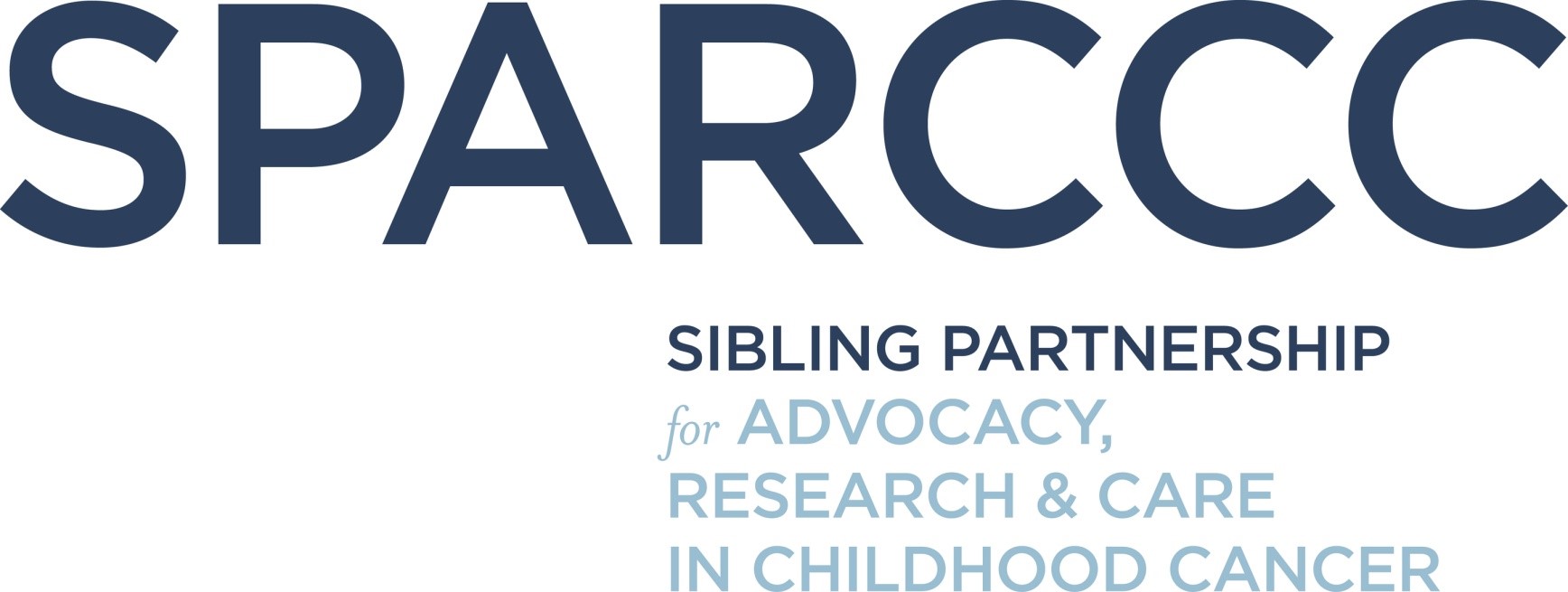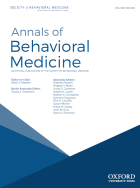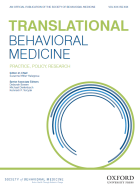
Spring 2019
Congratulations to the Recipients of SBM's 2019 Achievement Awards

SBM extends a warm congratulations to the recipients of the society’s 2019 achievement awards. Recipients formally received their awards from SBM then-President Sherry Pagoto, PhD on March 7, 2019, during SBM’s 40th Annual Meeting & Scientific Sessions at the Washington Hilton in Washington, DC.
Expansion of Women’s Health Research: Addressing Maternal Distress in the NICU

Recent decades have shown a rise in research and clinical attention around issues of childbearing, with a particular focus on postpartum depression and anxiety. In particular, research on high risk groups, including women with infants hospitalized in a Neonatal Intensive Care Unit (NICU), is expanding exponentially, generating opportunities for SBM members to enter this specialized field and extend their research programs into this arena.
Accelerate your Behavioral Medicine Research Using Machine Learning

Chances are you’ve probably heard the term “machine learning”, but what exactly is it? And, why should behavioral scientists care about it? It’s time for behavioral scientists to integrate computer science, specifically machine learning, into our interdisciplinary mosaic. Here's why.
Quick Stats: Where to Go When you Need National or State Numbers on Demographics, Disease Burden, or Behavioral Risk Factors

Do you ever find yourself in need of national, state, or local estimates of disease burden, risk factors, or behaviors to communicate the need for your research? We have compiled online resources that provide quick access to national, state, or local population health statistics relating to disease burden, demographics, or behavioral risk factors.
Advice from an Expert in HIV Research: Interview with Dr. Seth Kalichman
Dr. Seth Kalichman is a Professor of Psychological Sciences at the University of Connecticut. His research on preventing the spread of HIV/AIDS and caring for those affected by the HIV epidemic has been continuously funded by the National Institutes of Health since 1992. We asked him his thoughts on the field of HIV research as well as advice for researchers starting out.
Lab Hacks: Innovative Success Techniques for Running a Productive Lab

Running a successful and productive laboratory is a skill set that must be learned and mastered on the job. While traditional success activities--such as holding and leading regular team meetings, consistent grant writing and collaboration, and conference attendance--each provide value, how do successful PI’s and their labs stay accountable and consistently inspired to create new ideas?
Educational Opportunities in Ethics and Values at SBM
 Welcome to the spring 2019 “ETCD Council corner” of Outlook. In each issue of Outlook, look to the Education, Training, and Career Development (ETCD) Council corner for information related to our mission, which is to provide SBM members with opportunities and support to enhance their training and career development throughout all phases of their careers in behavioral medicine.
Welcome to the spring 2019 “ETCD Council corner” of Outlook. In each issue of Outlook, look to the Education, Training, and Career Development (ETCD) Council corner for information related to our mission, which is to provide SBM members with opportunities and support to enhance their training and career development throughout all phases of their careers in behavioral medicine.
Getting by With a Little Help from Your Friends: A Model for Peer Mentoring Groups

For the last 10 years, the Cancer SIG Education and Training Committee has developed offered a range of career development opportunities for members. From webinars to conference panels to preconference workshops, the committee has offered tips on mentoring, career development, grant writing, and work-life balance.
Combining Physical Activity Promotion and Sustainable Development - What’s Behavioral Medicine’s Role?

“Improving health and quality of life through proven behavioral sciences” is stated as the purpose on SBM’s website. To achieve this goal, physical activity promotion has been a SBM core topic for many years. Looking at the broader picture, sustainable development is also a core aspect when it comes to health and life quality.
SPARCCC: A Community-Academic Partnership Addressing the Needs of Siblings of Children with Cancer

Community-academic partnerships are the backbone of developing and producing research that is highly relevant to those we most want to serve. The Sibling Partnership for Advocacy, Research, and Care in Childhood Cancer (SPARCCC), established in 2005, is a committed community-academic partnership with the goal of advancing advocacy, research, and care of siblings of children with cancer.
New Articles from Annals of Behavioral Medicine and Translational Behavioral Medicine


SBM's two journals, Annals of Behavioral Medicine and Translational Behavioral Medicine: Practice, Policy, Research (TBM), continuously publish online articles, many of which become available before issues are printed. The following articles were recently published online in Annals or TBM.
Honors and Awards
Congratulations to the following SBM members who recently received awards or were otherwise honored. To have your honor or award featured in the next issue of Outlook, please email aschmidt@sbm.org.
Members in the News
The following Society of Behavioral Medicine (SBM) members and their research were recently featured in journals, news articles, or videos. To have your news spot featured in the next issue of Outlook, please email aschmidt@sbm.org.
Classifieds
Visit the SBM Job Opportunities page for additional positions.
President's Message: Join Me in Accelerating our Science
Those who attended the business meeting on the last day of our Annual Meeting will remember that the theme for the coming year will be “Accelerating our Science.” I see this as a continuation of efforts in prior years to broaden the reach of behavioral medicine and to enhance our communication strategies. To achieve this vision, we are planning to ask our members to develop “Provocative Questions in Behavioral Medicine.”

Upcoming Events:
41st Annual Meeting & Scientific Sessions
April 1-4, 2020
San Francisco, CA
